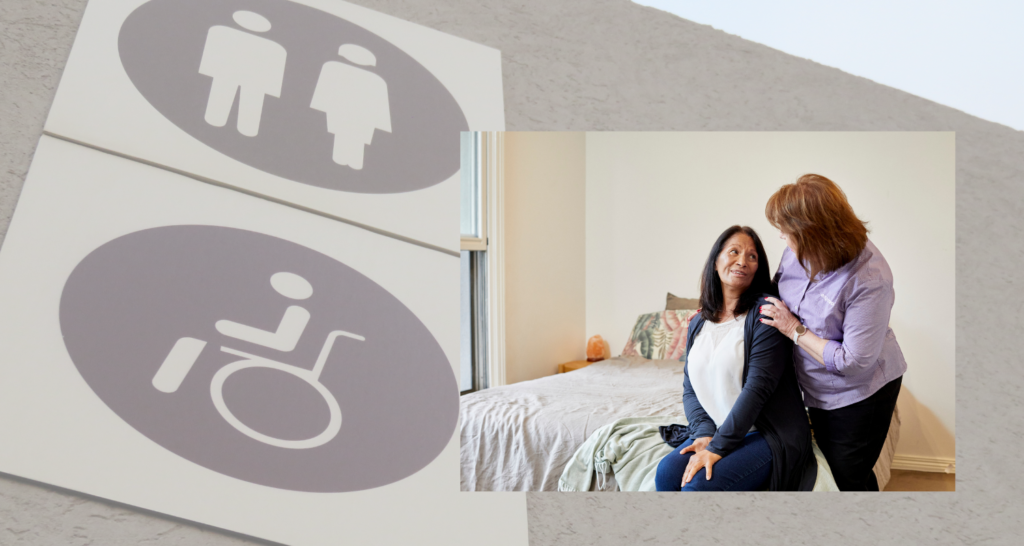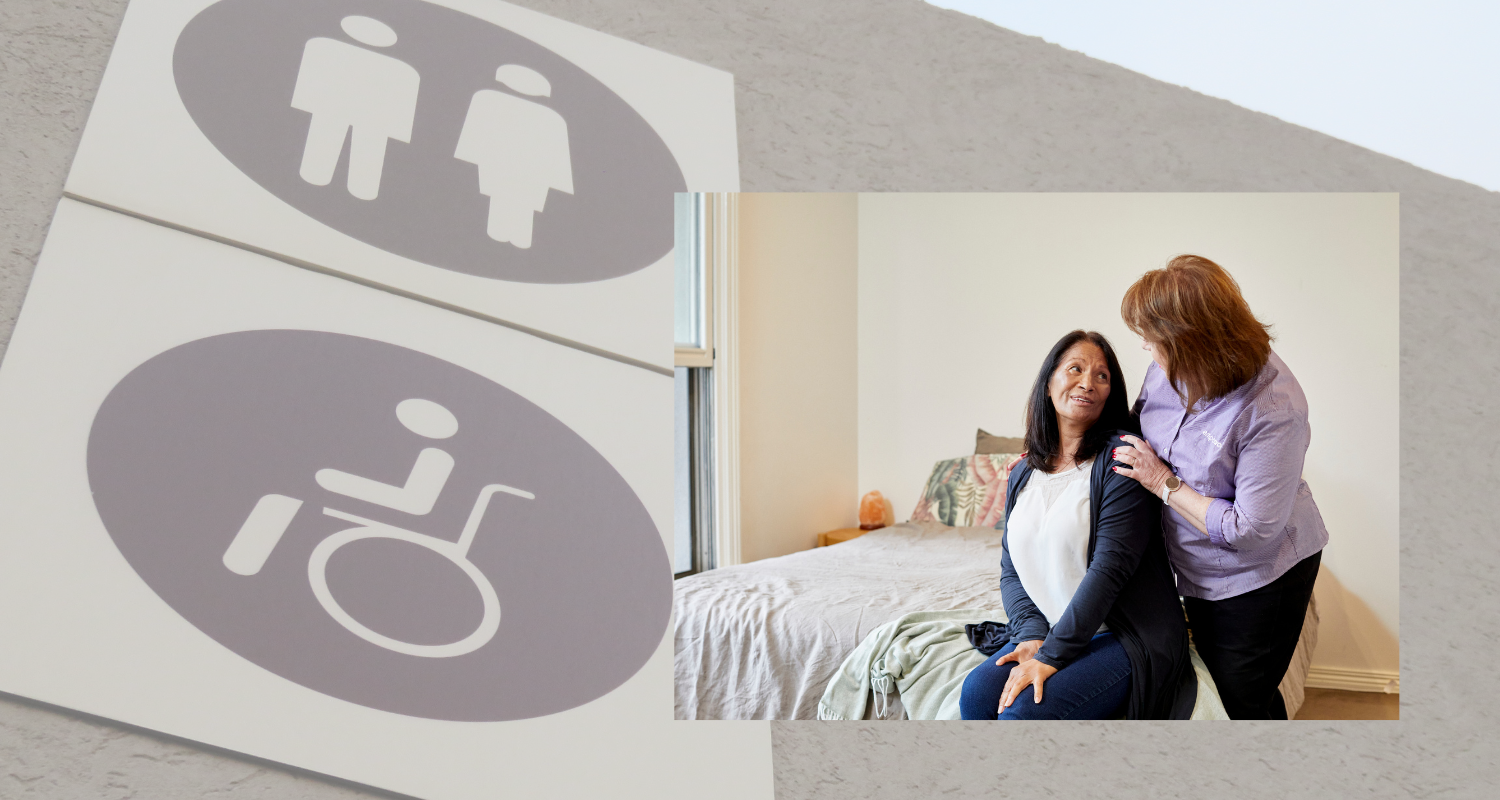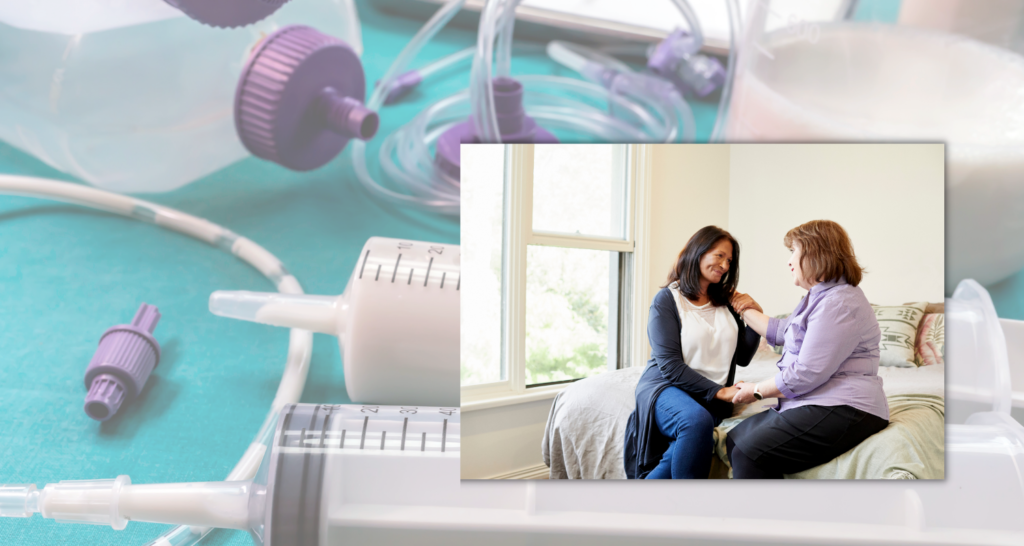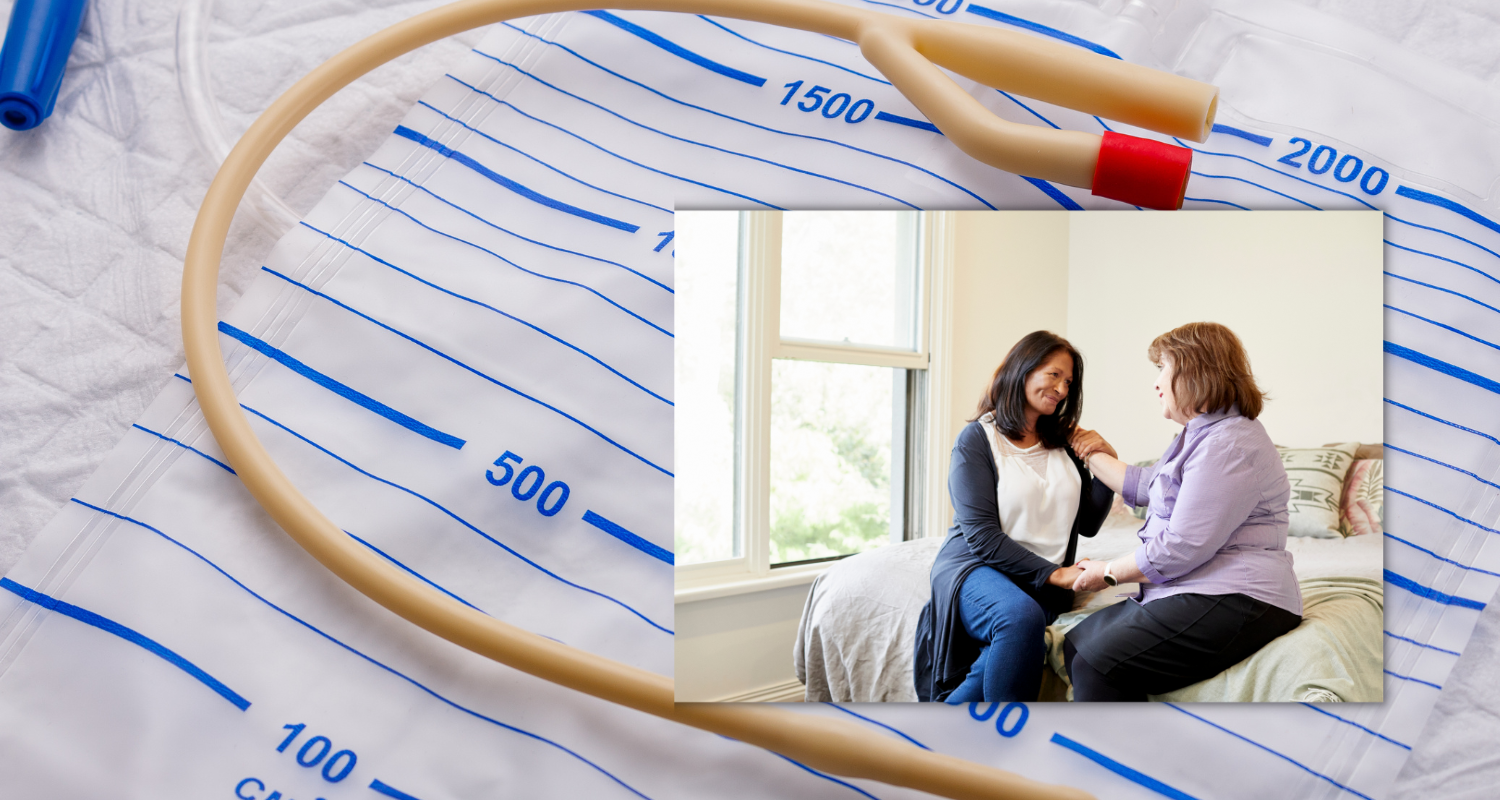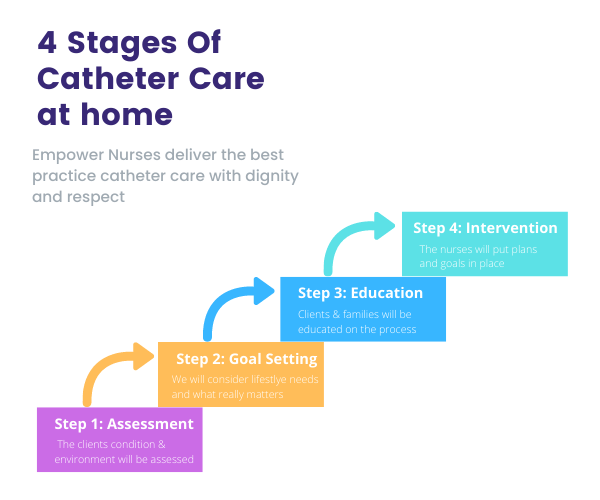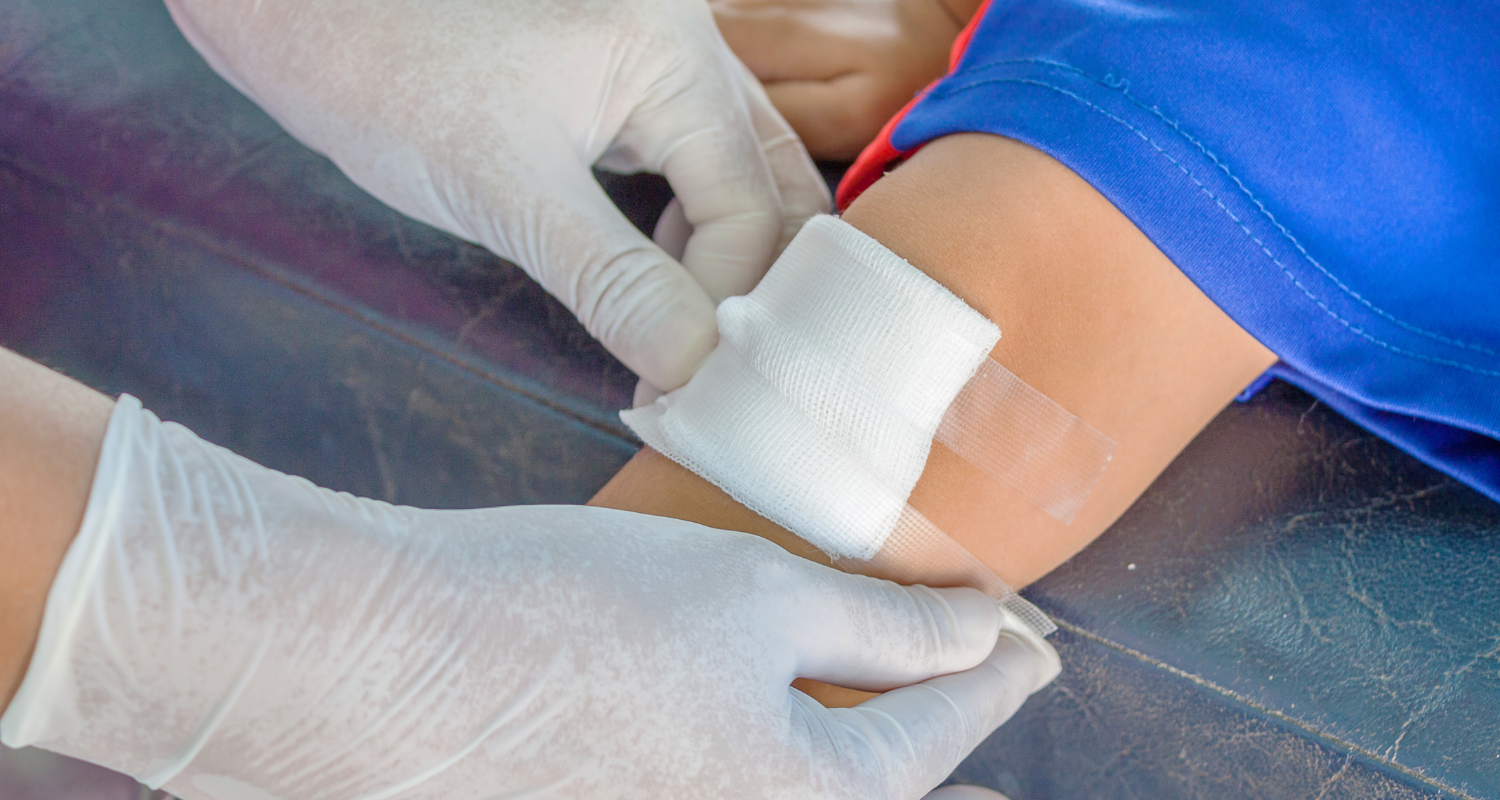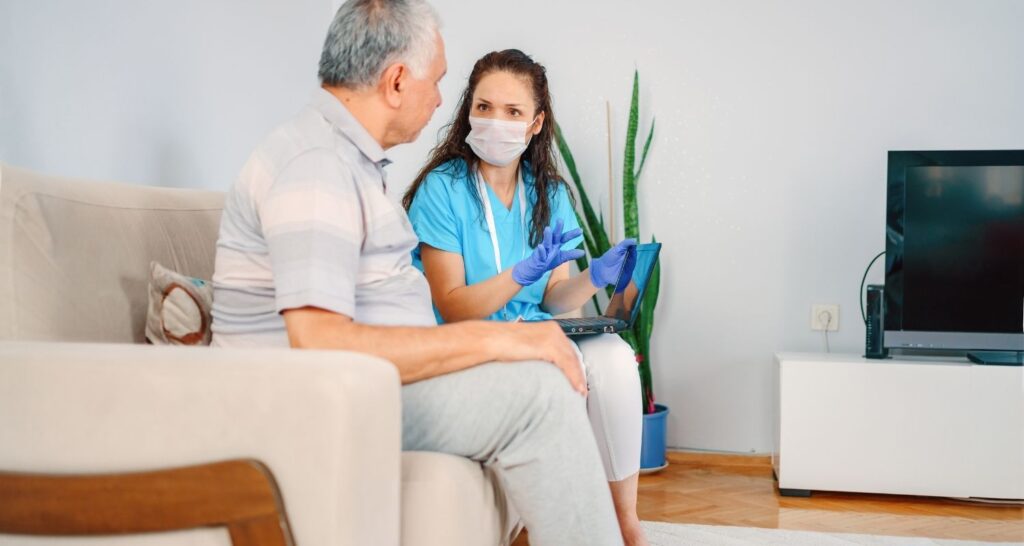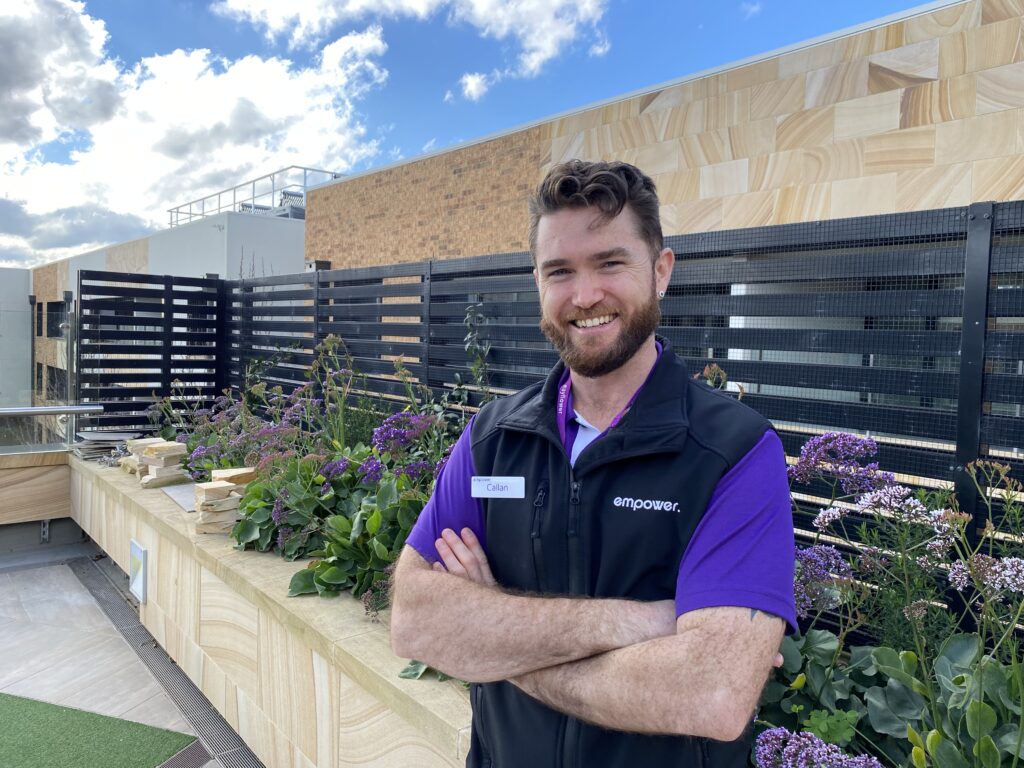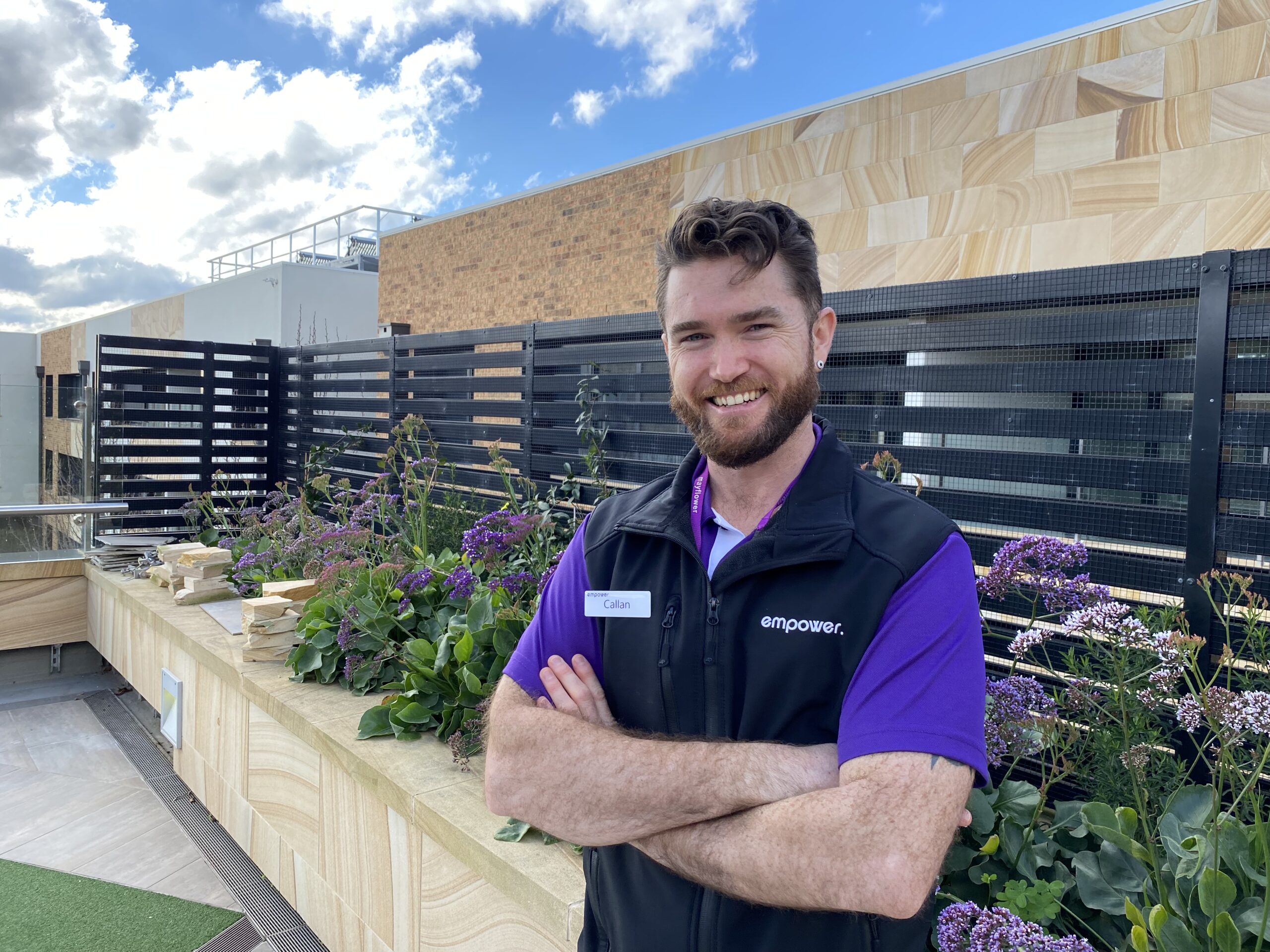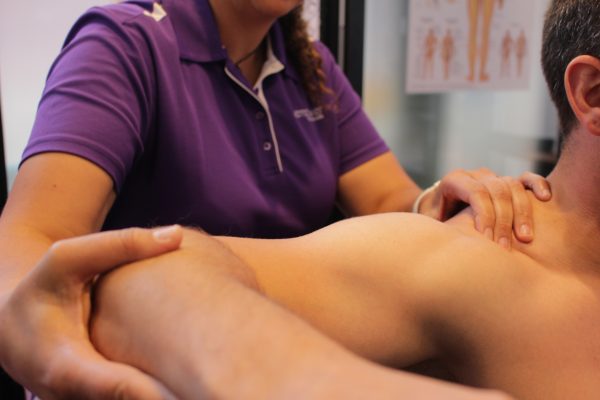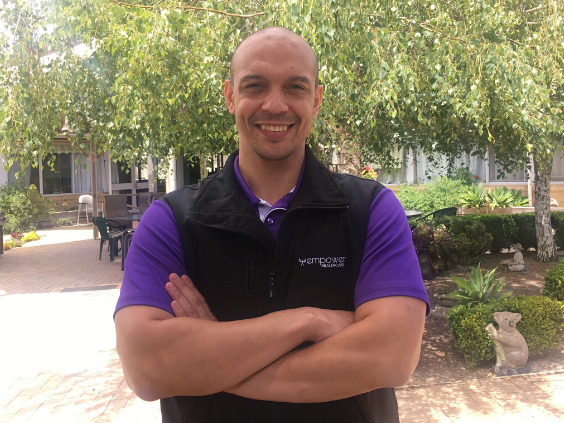Stay healthy and injury free this summer by following some simple tips from our clinicians
Stay Active
No need for gyms and studios – going for walks, bike rides or swims are all great ways to stay active for the whole family.
Top Tip: Try to get moving early in the day, before the heat and festivities reach a fever pitch.
Take care of your back
Lifting boxes of gifts, preparing big meals and decorating are all part of many people’s plans but put our bodies in positions and under strains that we may not be used to. Avoid back aches and pains ruining your holiday by taking care of your posture and spine.
Top Tip: Carry heavy loads close to your body and lift them by bending your knees, not your back.
Avoid falls
Many emergency rooms see an uptick in injuries in early January after December mishaps. Changes in routine and unfamiliar surroundings increase the risk of trips and falls. Limiting alcohol consumption, keeping living areas clutter free and asking for help when feeling unsteady can help to reduce the chances of a fall.
Top Tip: Choosing well-fitted and supportive footwear can help to prevent trips and slips.
Indulge in moderation
Sharing great food is a big part of most Australian Christmas celebrations. From pavlovas and prawns to choccies and cheeses, many of us will be indulging in delicious treats over the next few weeks. Make sure that you are still getting enough nutrients by getting 5 serves of vegetables and fruit a day.
Top Tip: Have a healthy snack before heading out for meals.
Stay hydrated
As the weather warms up, it is important to keep hydrated by increasing your water intake. Listening to your body’s thirst cues is the best way to ensure you are drinking enough.
Top Tip: Always make sure you have water with you when exercising, especially in warmer weather.
Medication management
Don’t let changes in routine mean missing important medication. Fill scripts before going away or before public holidays to avoid running out. If you are unsure, contact your Home Care nurse, GP or pharmacy to help you plan for the weeks ahead.
Top Tip: Set an alarm to help you stick to your routine.
Whether you are planning a trip, celebrating with family or having a quiet time at home, Empower Healthcare is here for you throughout December and January. Get 2024 off to a healthy start by contacting our helpful Community Support team today or make a referral via the links.
Simply click on the image below for our referral form.
…






